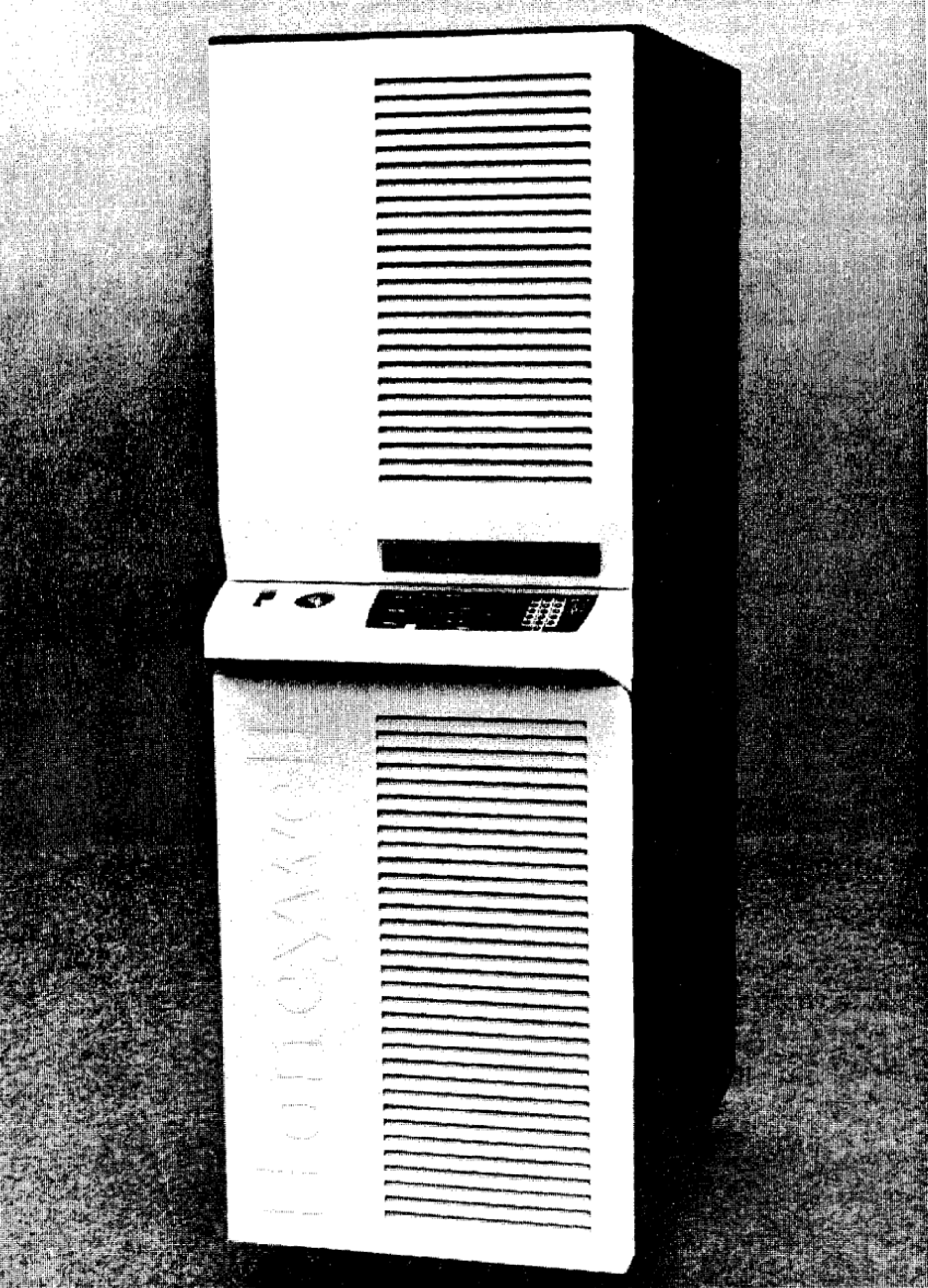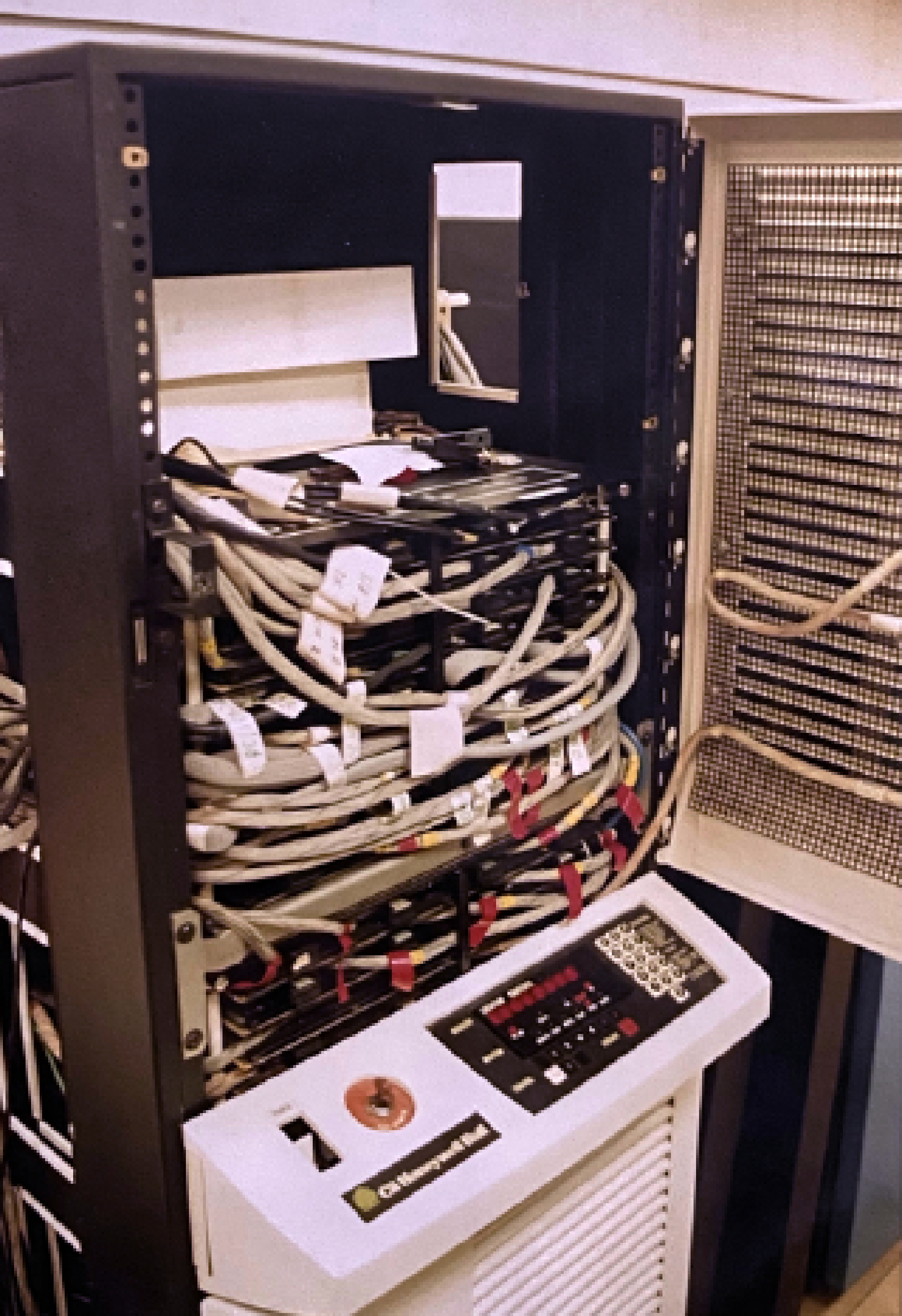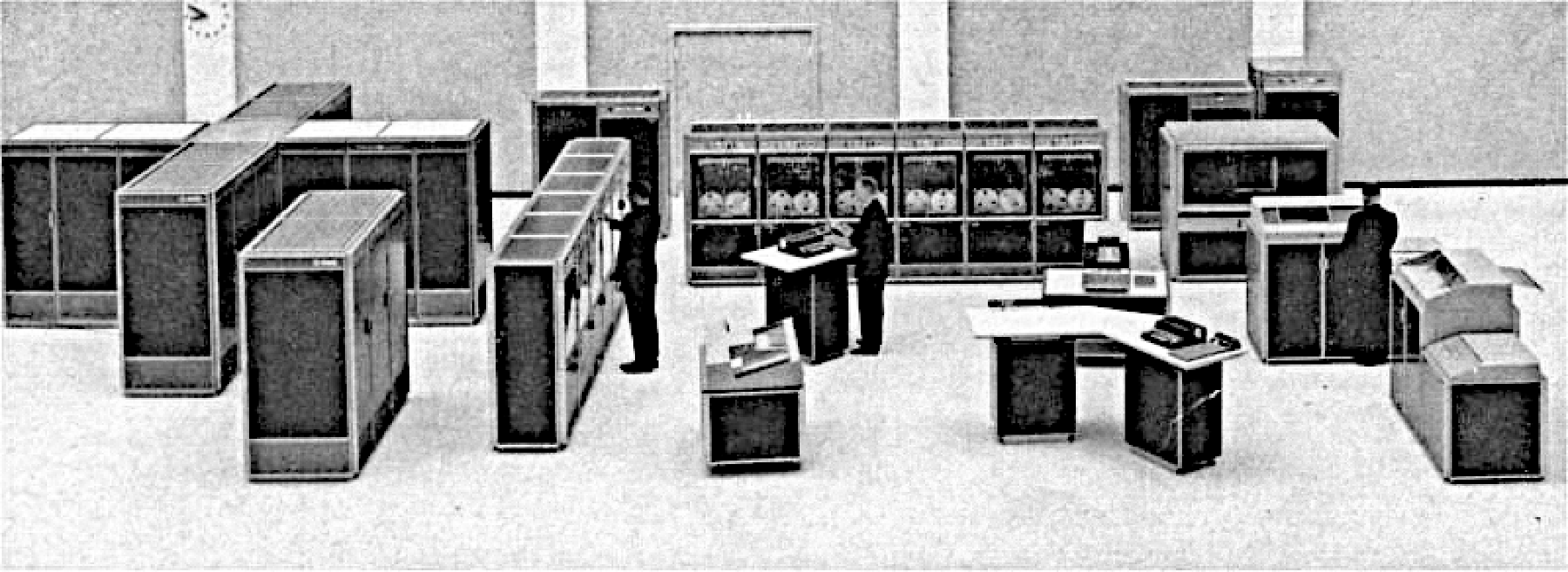Welcome to the DPS8M Blog
The DPS8M Development Team officially announces the new DPS8M Blog.
The DPS8M Blog will cover all topics surrounding the Honeywell 6000-series and the DPS8M Simulator.
You can expect posts from our developers about both hardware and software, with a particular focus on the Multics system (both current and historical), but we’ll also touch on GCOS-3 and CP-6, as well as adjacent Honeywell technologies such as the 18-bit DATANET/355 line of network processors, and even the Honeywell Level 6 minicomputers and the Goodyear STARAN or Cray systems that were often paired with Honeywell large systems for scientific computing.





